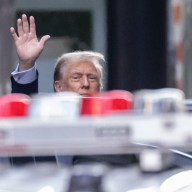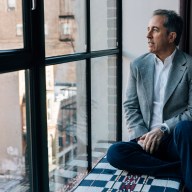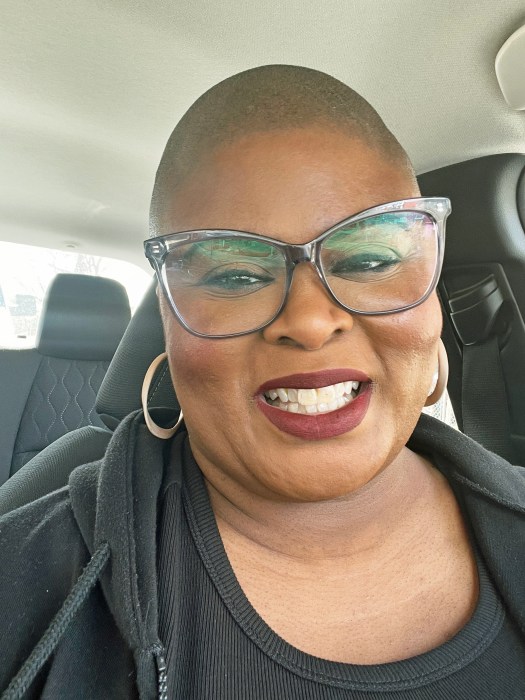One of the most underreported stories coming out of the Olympics is, to my mind, one of the most important.
Two separate polls indicate a remarkable increase in the glow of the hearts of the people of Quebec.
Leger Marketing reports that 79 per cent of those polled in Quebec said they have “a stronger sense of pride in Canada” when they watch Canadian athletes ascend to the podium.
And Ipsos-Reid reports that 63 per cent of Quebecers now call themselves “Canadian nationalists.”
Whoa!
If these numbers hold up, Alexandre Bilodeau and Joannie Rochette have saved Canada! A relatively cheap $6-billion investment has succeeded where all that torturous hand-wringing, all that interminable Meech Lakeing and Charlottetowning, failed.
We probably shouldn’t expect Quebec to replace “Je me souviens” with “Go Canada Go!” on licence plates, but it is more than nice to think that the “nation” of Quebec is back in the bosom of its family.
Many of the sour grapes thrown at Quebec from the “Rest of Canada” can be attributed to hurt feelings. They rejected our language, our culture, our Mounties, after we went to all that trouble to take up poutine. But now that Quebec has become, apparently overnight, a hotbed of Canadian nationalism, all is forgiven. Vive la différence!
The separatists have been reduced to a hard core of malcontents. Even Lucien Bouchard, the bête noir of the separatist nightmare, has lost his enthusiasm for the sovereignty project, sidelining it with a Gallic shrug as a losing game. ‘Maybe later,’ he thinks.
Another poll, taken by the Association of Canadian Studies in Montreal, shows that only 29 per cent of Quebecers support the idea of a separate Olympic team for Quebec, but 65 per cent reject the idea.
This is a huge vote for Canada from a place that has been lukewarm at best. You could put it down to a short burst of enthusiasm to be followed by another interminable decade of bleak interactions. But what if the people of Quebec are tired of those things that separate us and are ready to become part of something bigger, more inclusive, more multicultural, less medieval?
This fashionable patriotism is really the first expression of a new generation of Canadians united, not by language, not by race, not by creed, but by the remarkable idea of a nation where we are all free to celebrate our heritage, yet also free to create a new identity that liberates us from things such as language laws and timeworn boundaries.
And somewhere between 63 and 79 per cent of Quebecers are ready, at last, to be free.
















